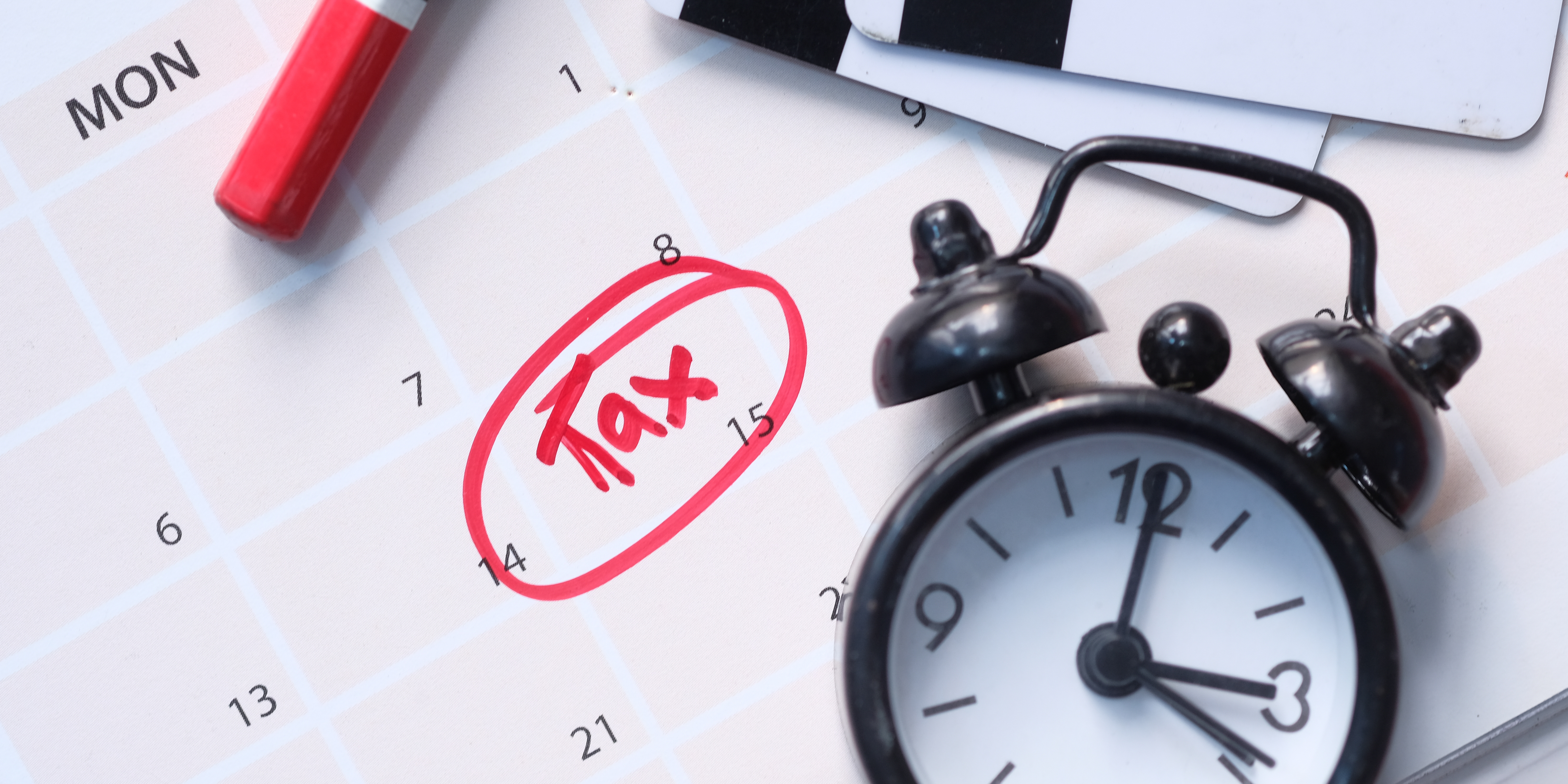By Nelly Gitau | Lena Onchwari
Share buybacks refer to the repurchasing of shares by the company that issued them. Until recently, the concept of share buybacks in Kenya was foreign. However, the coming into force of the Companies Act, 2015 (the Companies Act) introduced the concept to Kenya.
In a typical share buyback transaction, a company buys back its shares and then cancels them and the amount of the company’s issued share capital is diminished by the nominal value of the cancelled shares. This effectively leaves the remaining shareholders with larger stakes in the company.
Rationale
There are several reasons why a company may repurchase its own shares. A common reason is that the company may have some extra money to spend. One of the ways a company can apply surplus funds is to purchase its own shares.
Another reason why a company may repurchase its own shares is to take advantage of undervaluation. If a stock is dramatically undervalued, the issuing company can repurchase some of its shares at this reduced price and then re-issue them at a later date once the market has corrected, thereby increasing its equity capital without issuing any additional shares.
Yet another reason for which share buybacks may be used, is to facilitate the exit of a member through the disposal of his shares, with the company purchasing the exiting member’s shares.
Preliminaries
The company should take into account the following preliminary considerations before carrying out a share buyback:
- Whether the company’s articles permit the buyback. A companywill be deemed to have authority so long as the articles do not prohibit the buyback
- Whether there are any private agreements (e.g. shareholder agreements) which may prohibit the company’s ability to purchase its own shares
- Whether there are any pre-emption rights which restrict the transfer of shares e.g. there may be a requirement for the shares proposed to be bought back to be offered to existing shareholders before they can be transferred to the company. If triggered, these provisions would need to be complied with or amended before the company undertakes a share buyback
- Whether there is any prohibition on giving financial assistance which could prevent the company from buying its own shares. Under the Companies Act, a company may give financial assistance for the acquisition of its own shares, so if there is any restriction on the giving of financial assistance in the company’s constitution, this should be removed
- Whether the company has more than one class of shares. Whether the buyback will result in the variation of the rights attaching to those classes of shares (in which case class consent to vary will be required)
- Whether there is any banking facility which might restrict the company’s ability to undertake a buyback
In order to give effect to a share buyback, a company must enter into a contract with the shareholder(s) whose shares are to be purchased. It is usually a simple agreement providing for the company to purchase the shares or it can be a contract under which the company may become entitled or obliged to purchase the shares in the future subject to certain conditions being met. It need not be a stand-alone contract and can be incorporated into the company’s articles as a standing authority to buyback.
The terms of the contract should be approved by a special resolution of the company either before the contract is entered into or the contract should state that no shares will be purchased until its terms have been approved by resolution of the shareholders. After the share buyback, the company must lodge a return of purchase with the Registrar of Companies (the Registrar) and after the shares are cancelled a notice of the same must be also lodged with the Registrar together with a Statement of Capital.
Restrictions
The Companies Act has introduced provisions that allow companies limited by shares, whether private or public and companies limited by guarantee with a share capital to purchase their own shares (including redeemable shares) subject to any restrictions or prohibitions in its articles and the provisions of the Act on purchase of its own shares by a company.
Under the Companies Act, a limited company may not purchase its own shares if as a result of the purchase there would no longer be any issued shares of the company other than redeemable shares or shares held as treasury shares. Secondly, a limited company may not purchase its own shares unless they are fully paid and lastly a limited company may purchase its own shares only out of distributable profits of the company or the proceeds of a fresh issue of shares made for the purpose of financing the purchase. A private limited company may however purchase its own shares out of capital.
Types of Share Buybacks
The power of a limited company to purchase its own shares may be exercised in three (3) ways: by an off-market purchase; by a market purchase; by a contingent purchase contract.
(i) Off-market purchases
An off-market purchase is defined as one which is not effected on an approved securities exchange, or one which is so effected but the shares are not subject to a marketing arrangement on the exchange. Principally, therefore, purchases by private and nonlisted public companies and over-the-counter purchases by listed companies are “off-market” purchases.
(ii) Market Purchases
Alternatively, a company may purchase its own shares by a market purchase. A purchase is a market purchase if it is made on an approved securities exchange and the shares are not subject to a marketing arrangement on the exchange. This means that market purchases do not apply to private limited companies.
(iii) Contingent purchase contracts
A contingent purchase contract is a contract entered into by a company and relating to shares in the company, that does not amount to a contract to purchase the shares but under which the company may (subject to any conditions) become entitled or obliged to purchase the shares.
The simplest example of a contingent purchase contract is a “put” option given by a company to one of its own shareholders under whichthe company will become obligated to acquire a certain number of shares from him at an agreed price if the shareholder exercises the option. Similarly, a “call” option taken by a company will be a contingent purchase contract, since it entitles the company to require the other party to transfer a certain number of shares in the company at an agreed price, if the company chooses to call on him to do so.
Benefits
Share buybacks reduce the number of shares available in the market. This has the potential of increasing earnings per share on the remaining shares, benefiting shareholders. Buybacks can also serve to increase share prices by simply reducing the supply of available shares in the market and as per the demand theory, a lower supply can cause an increase in price in some cases.
Share buybacks can also be used to boost shareholder confidence in the company as the shareholder will view the purchase of undervalued shares by the company as a sign of confidence by the company. Also, when a company’s share price has suffered a significant fall in the market, a buyback can be a good way for a company to cushion its shareholders. Buying back stock can also be an easy way to make a business look more attractive to investors. By reducing the number of outstanding shares, a company’s earnings per share ratio is automatically increased.
Disadvantages
For years it was thought that share buybacks were a positive thing for shareholders. However, there are some downsides to buybacks as well. The impact of buybacks on earnings per share can give an artificial lift to the stock and mask financial problems that would be revealed by a closer look at the company’s ratios. Some have said that companies use buybacks as a way to allow executives to take advantage of stock option programs while not diluting earnings per share. Share buybacks can also create a short-term bump in the share price that some say allows insiders to profit, while other investors might buy in after they see the prices move higher.
Tax
A buyback of shares from a shareholder will trigger capital gains tax at the rate of five per cent (5%) on the gain. The capital gains tax is payable by the shareholder. The company on the other hand will also be liable to pay stamp duty at the rate of one per cent (1%) on the share purchase price when buying back the shares.
Conclusion
The Companies Act has elaborately set out the different ways, a limited company can exercise its power to purchase its own shares and set out the procedure for the same. It should however be noted that the share buyback scheme is novel in Kenya and that there are presently no regulations that govern share buyback transactions, neither have prescribed forms been issued. Be that as it may, the share buyback concept is a welcome development in Kenya, as it is a tool whose benefits far outweigh the disadvantages.





